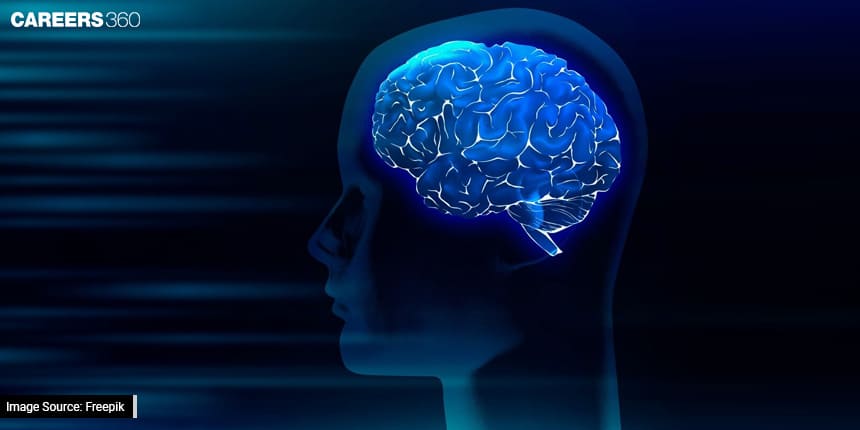Neurobiology: The Advanced Study Of Nervous System And Brain Function
With its billions of neurons, the human brain, interconnected through an elaborate network, is a marvel of nature. Neurobiology seeks to figure out the puzzle of the nervous system, ranging from the microscopic structure of neurons to the macroscopic functionality of the brain. As technological advancements continue to push the boundaries of scientific inquiry, neurobiology has evolved into a sophisticated discipline, offering profound insights into both normal brain function and pathological conditions.
This Story also Contains
- Foundations of Neurobiology
- Advancements in Neurobiology
- Innovative Research in Neurobiology
- Future Directions and Ethical Considerations

In this article, we will explore the key aspects of neurobiology, from its foundational principles to cutting-edge research, shedding light on the remarkable progress in understanding the brain's intricacies.
Foundations of Neurobiology
Neurons and Synapses
- Neurons, the fundamental building blocks of the nervous system, transmit information through electrical and chemical signals.
- Synapses, the junctions between neurons, play a crucial role in signal transmission.
Neurotransmitters
- Chemical messengers like serotonin, dopamine, and acetylcholine facilitate communication between neurons.
- Imbalances in neurotransmitter levels are linked to various neurological and psychiatric disorders.
Brain Regions and Functions
Different regions of the brain specialise in specific functions, such as the frontal lobe for decision-making and the hippocampus for memory.
Advancements in Neurobiology
Neuroimaging Techniques
Functional Magnetic Resonance Imaging (fMRI): Provides insights into brain activity by measuring changes in blood flow.
Electroencephalography (EEG): Records electrical activity in the brain, aiding in the study of brain waves associated with different cognitive states.
Optogenetics
Controlling Neuronal Activity: Light-sensitive proteins are used to manipulate neural activity with unmatched accuracy.
Mapping Neural Circuits: Allows researchers to identify and understand the specific circuits responsible for various behaviours.
Connectomics
Mapping the Brain's Wiring: High-resolution mapping of neural connections provides insights into the brain's structural organisation.
Understanding Neural Networks: Crucial for comprehending how information flows and is processed within the brain.
Innovative Research in Neurobiology
Neuroplasticity
Adaptive Changes: The brain's ability to reorganise itself in response to experience or injury.
Implications for Rehabilitation: Harnessing neuroplasticity for designing novel rehabilitation strategies.
Neurodegenerative Diseases
Alzheimer's Disease: Investigating the underlying mechanisms and potential therapeutic interventions.
Parkinson's Disease: Unravelling the role of specific brain regions and neurotransmitters in disease progression.
Neurobiology of Mental Health
Depression and Anxiety: Identifying neural circuits involved and developing targeted interventions.
Schizophrenia: Uncovering the neurobiological basis for altered perception and cognition.
Future Directions and Ethical Considerations
Artificial Intelligence and Brain-Computer Interfaces
Enhancing Cognitive Abilities: Exploring the integration of AI with the brain for cognitive augmentation.
Ethical Concerns: Addressing issues related to privacy, consent, and the potential misuse of neurotechnologies.
Personalised Medicine in Neurobiology
Tailoring Treatments: Developing personalised interventions based on an individual's unique neurobiology.
Ethical Implications: Balancing the benefits of personalised medicine with concerns about accessibility and affordability.
Neurobiology, as an advanced study of the nervous system and brain function, stands among the leading fields of scientific inquiry. From unravelling the complicated neural circuits to exploring the potential of neuroplasticity, researchers continue to push the boundaries of our understanding. As advancements in technology open new avenues for exploration, the ethical implications of these innovations must be carefully considered. The future holds immense promise for neurobiology, offering the potential not only to unlock the secrets of the brain but also to revolutionise the diagnosis and treatment of neurological and psychiatric disorders.
